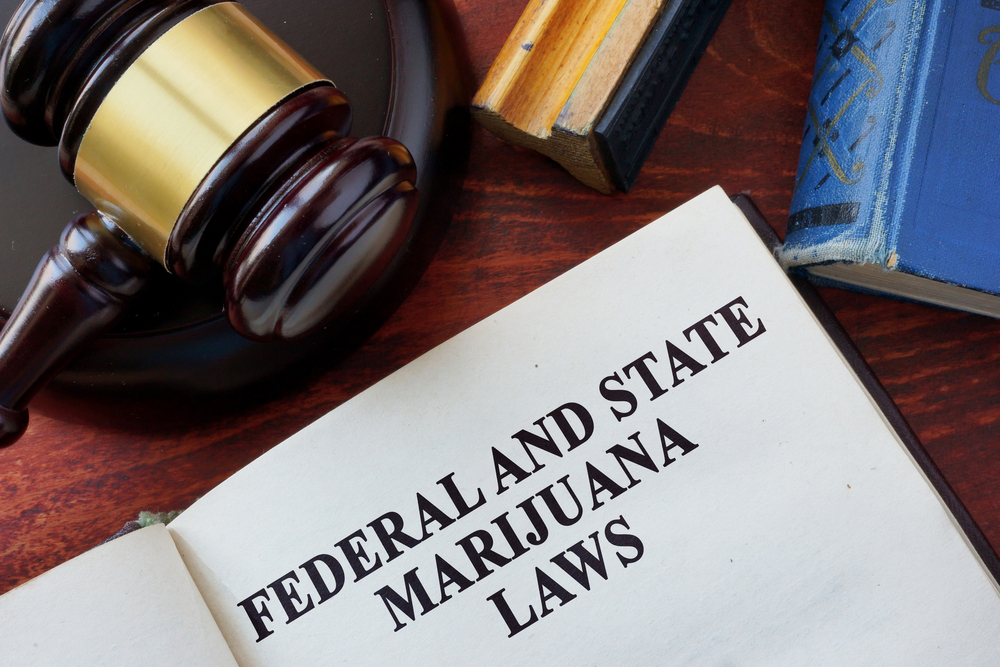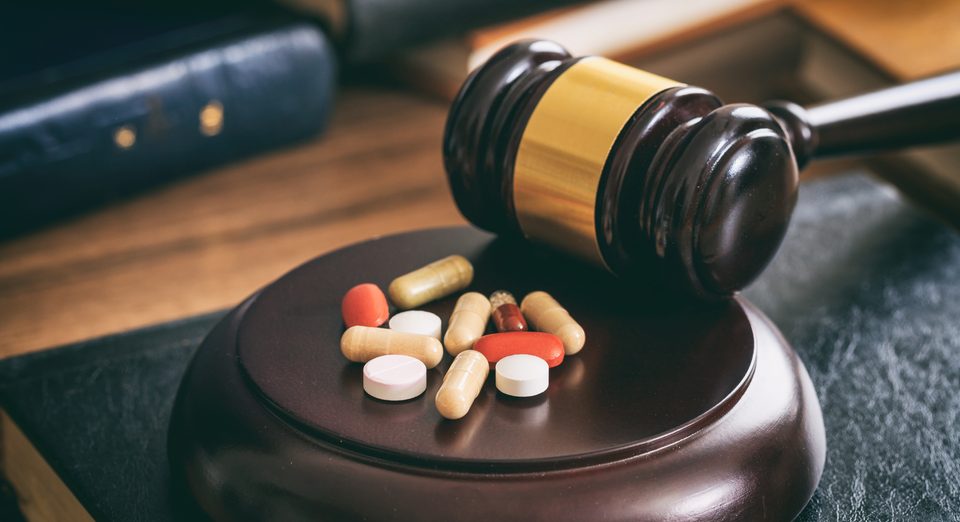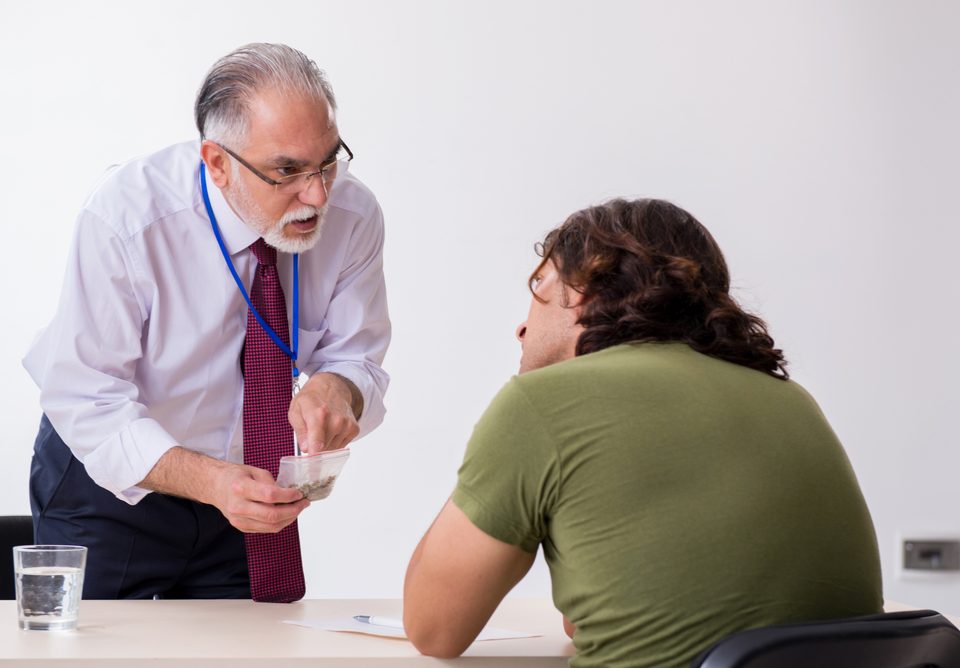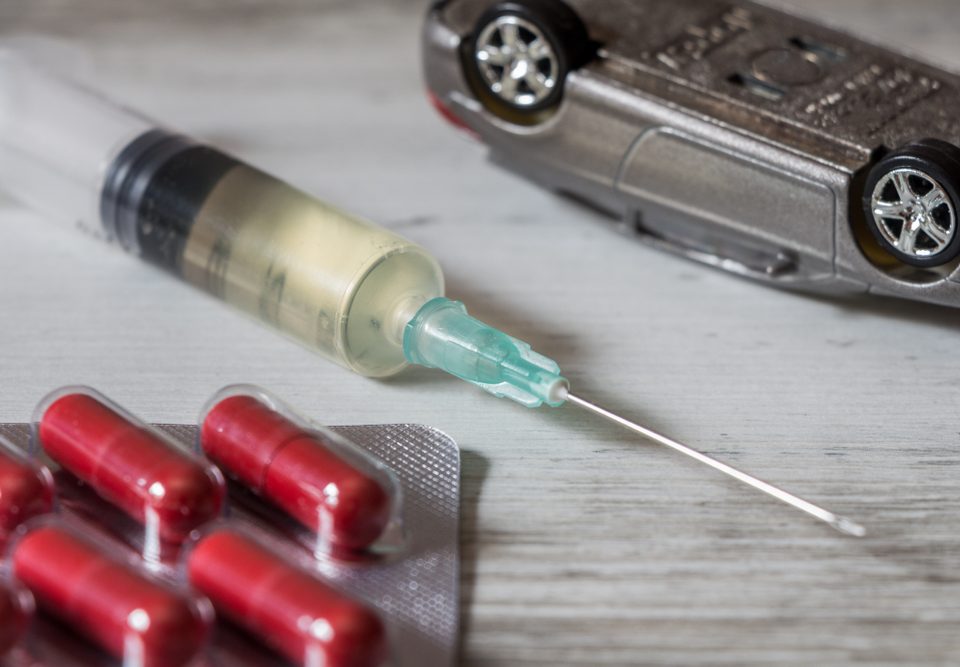Will Minnesota’s Marijuana Laws Change Soon?

RICO Violations Can Accompany Drug Trafficking Charges
December 31, 2018
Five DWI Checkpoint Requirements in St. Paul
January 10, 2019The combination of an anti-prohibition governor and increasing popular support for change may make 2019, or perhaps 2020, the year that pot becomes legal in the Gopher State.
In November 2018, Minnesotans chose Democrat Tim Walz to be the state’s next governor. “Prohibition doesn’t work,” he said recently. The Governor-elect further stated that legalization would mean additional tax revenue and allow law enforcement to divert limited resources elsewhere. “There’s a racial justice element to it,” he added. Statewide, marijuana possession defendants are disproportionately black. In that same election, two pro-legalization groups achieved major party status. That designation gives them ballot preference and access to state funds.
However, any measure must make it past the Republican-controlled Senate. Majority leader Paul Gazelka, R-Nisswa, did not rule out the possibility for marijuana legalization, but he was not optimistic either. “We must have a long conversation about [increased crime, mental health issues, children using marijuana, and other] real consequences,” he said. Additionally, many conservative Democrats do not want to be the pro-pot party.
Current Marijuana Laws
Whatever the state does or does not do, any marijuana possession will still be illegal under federal law. That’s the reason that scattered marijuana dispensaries are always small, cash-only operations. Interstate banks will not get involved with these establishments, lets they face interstate drug trafficking charges. However, the feds basically never prosecute individual possession or trafficking cases.
So, St. Paul criminal defense attorneys are mostly concerned with state law violations. Minnesota has rather lenient marijuana laws. First-offense possession of less than 42.5 grams (there are about three joints in a gram) is a petty misdemeanor. The maximum punishment is a $200 fine and a drug education class. A subsequent offense could be a regular misdemeanor (maximum 90 days in jail and/or $1,000 fine).
Possession of over 42.5 grams is a felony. If the defendant has a warehouse full of marijuana or a very large field of marijuana plants, the maximum penalty is 30 years in prison and/or a $1 million fine.
Marijuana sale laws are a bit complex. Selling or giving away less than 42.5 grams is a petty misdemeanor; selling more than that is a felony. Various enhancements apply, such as selling marijuana too close to a school or a public housing project.
St. Paul Criminal Defense Attorneys and Marijuana Defenses
Vehicle possession cases are normally regular misdemeanors, and they often involve the possession vs. proximity distinction. These two things are not the same. In addition to proximity, Ramsey County prosecutors must also establish:
- Knowledge: A person could literally be sitting on marijuana and not possess it. The state must prove that the defendant knew about the marijuana. That knowledge must be specific. Knowing that “something illegal” is in the bag is insufficient.
- Control: It’s difficult for prosecutors to tie drugs in the front seat to people in the back seat. The defendant would have to crawl over the seat and wrest the drugs away from someone else. Similarly, if the drugs were in a locked compartment, only a person with the key possess them.
In many vehicle cases, police arrest everyone in the car if they find drugs anywhere. So, in many cases, these charges are easy for St. Paul criminal defense attorneys to handle.
There’s also a difference between burned and usable marijuana. Due to the large 42.5 gram cutoff, this issues does not come up very often in Minnesota.
In enhancement cases, St. Paul criminal defense attorneys often challenge the circumstantial enhancement evidence. Generally, these provisions apply if the transaction occurred within 1,000 feet of a prohibited place. 1,000 feet is about three football fields. That’s a long way.
Additionally, definitions of places like “schools” and “public housing complexes” are a bit vague. If the transaction occurs near a school at three in the morning during spring break, that school is really just an empty building. Likewise, if an apartment complex only has a few public assistance units, it is probably not a “public housing complex.”
Sentencing and Plea Options
Agreed plea bargains resolve about 90 percent of the marijuana cases in Ramsey County. Since petty misdemeanors involve no jail time, a plea cannot include probation. So, these cases never involve any court supervision.
Additionally, pretrial diversion programs are usually available for first-time offenders. If the defendant completes the diversion program, prosecutors normally dismiss the case. So, the defendant has no conviction record. That’s a significant plus when it comes to things like job searches, student financial aid, and career choices.
Serious felony possession cases usually go to designated drug courts. In this environment, defendants can receive drug treatment and other necessary services. Prosecutors are usually much more lenient if the defendant had a drug problem, and that drug problem precipitated the offense.
Connect with Experienced Attorneys
At least for the immediate future, and maybe even longer than that, marijuana is illegal in Minnesota. For a free consultation with experienced St. Paul criminal defense attorneys, contact Capitol City Law Group, LLC. We routinely handle matters in Ramsey County and nearby jurisdictions.





 Back
Back